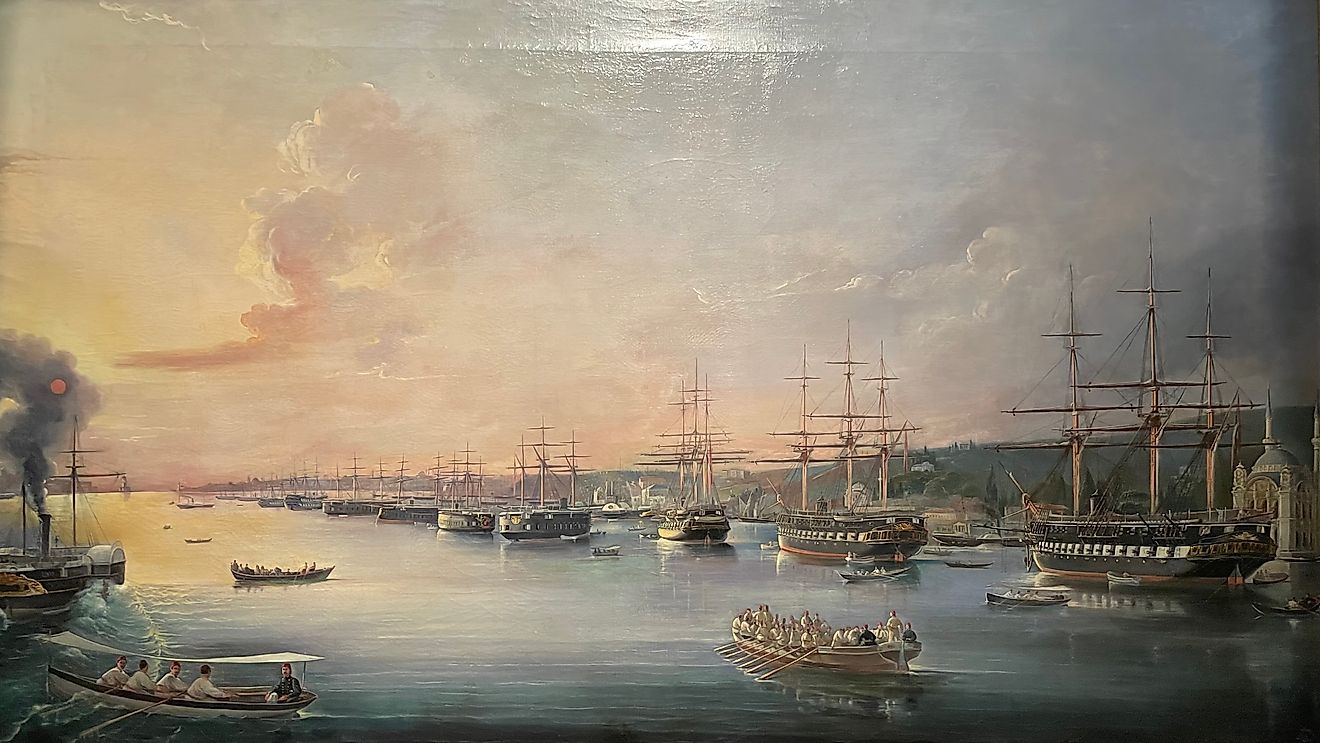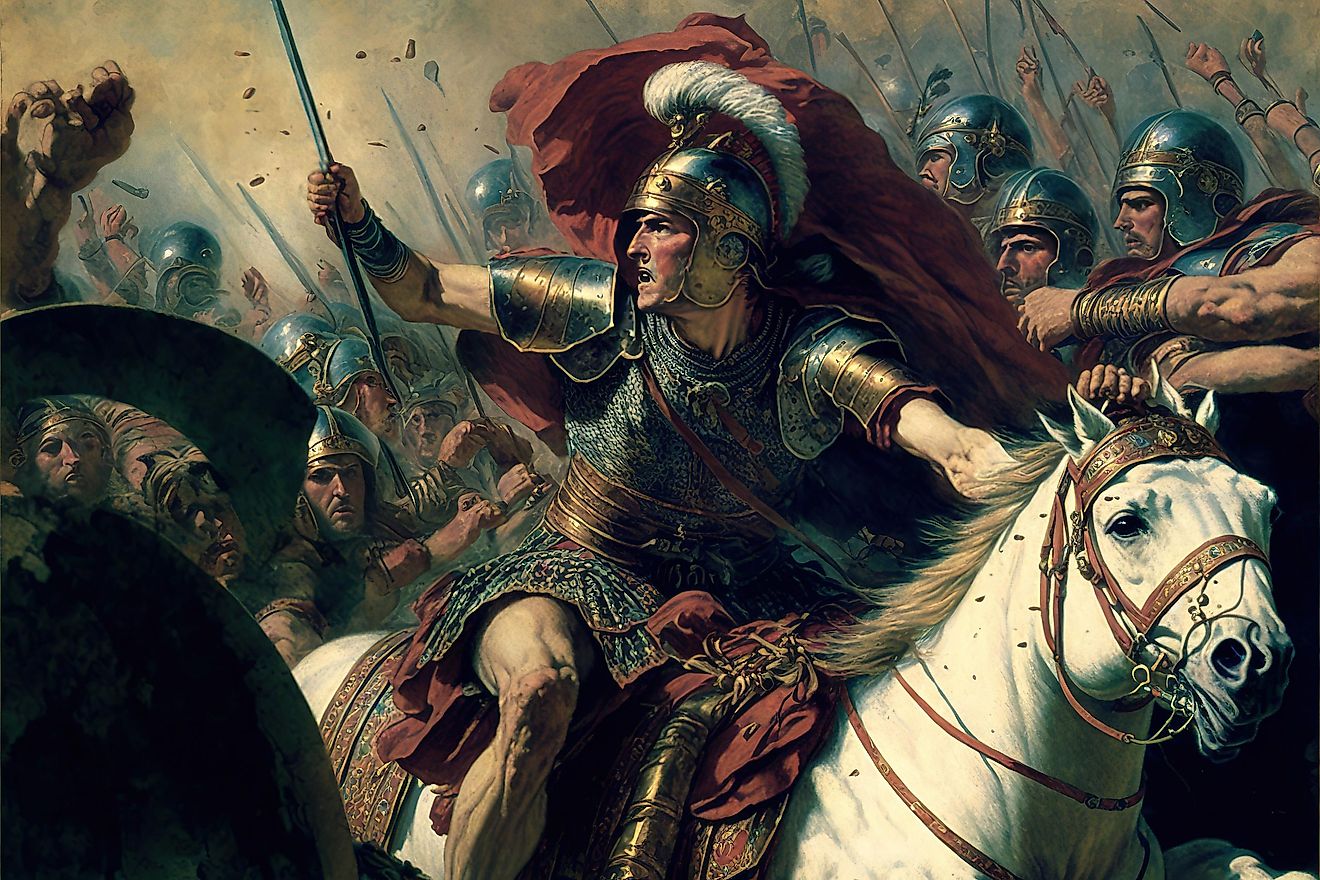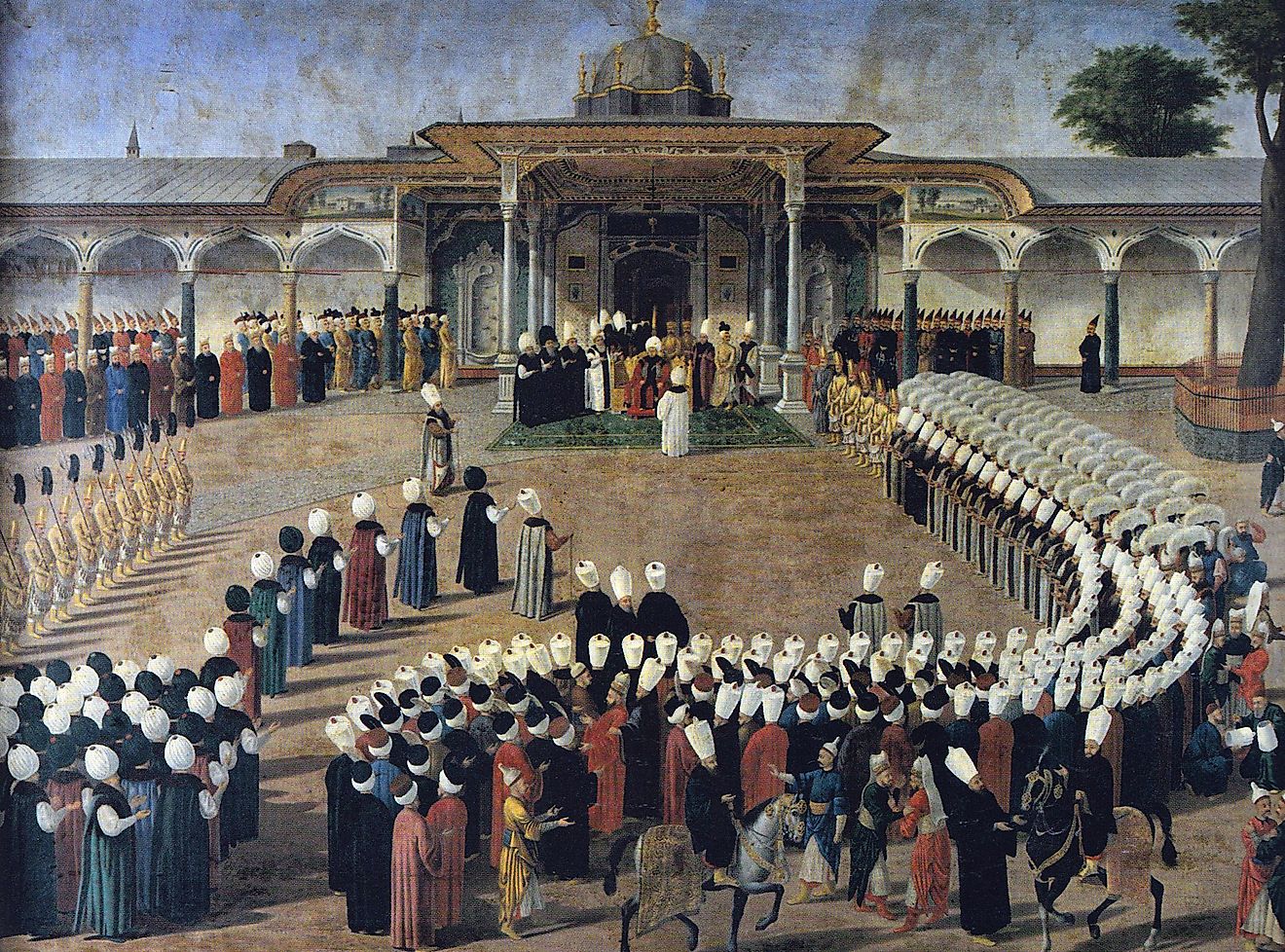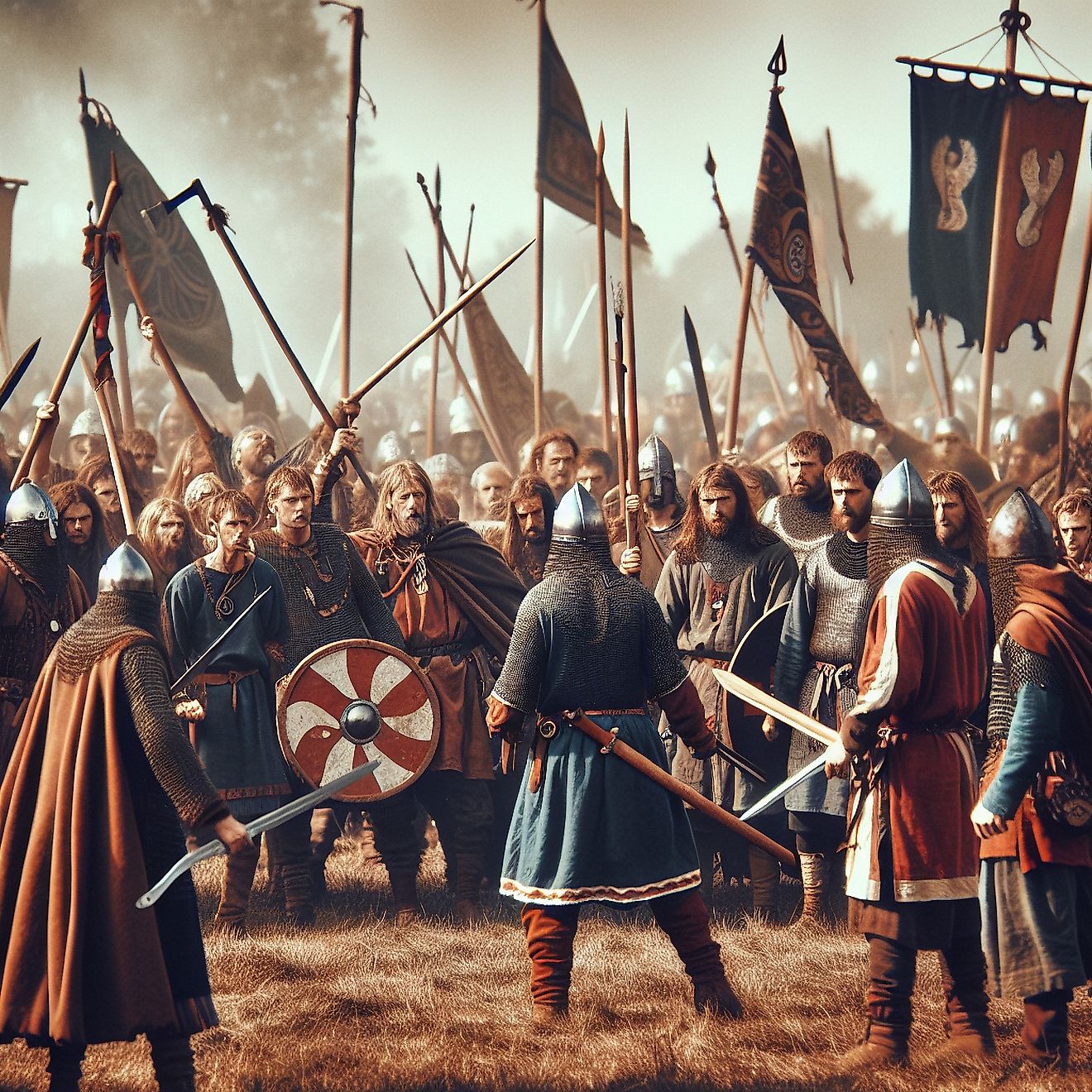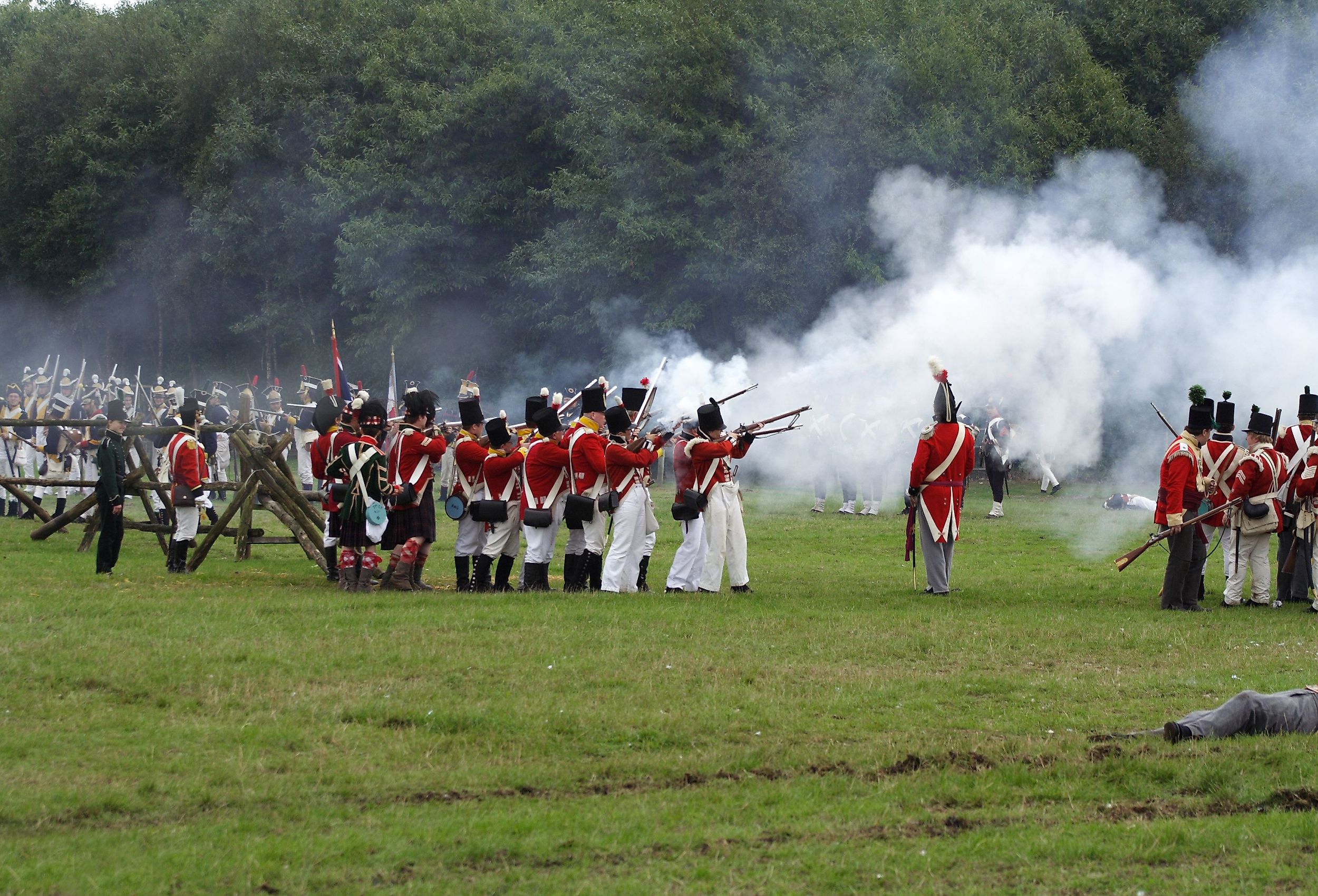
Wars of Liberation (War Of The Sixth Coalition)
The legend of Napoleon Bonaparte, Emperor of France, finally met his match in the War of the Sixth Coalition. After two decades of war, France succeeded in surviving onslaught after onslaught from neighboring monarchies. Napoleon dismantled the First French Republic by performing a coup in 1799, and through his tactical brilliance, became a near-unstoppable force. Countless nations had risen and fallen together against him, in five preceding coalition wars, but this sixth "War of Liberation" proved a venerable threat. In truth, France had over-expanded as a means of suppressing its enemies, and Napoleon’s flaws, although few, began exposing vulnerabilities that even he could not account for.
Background
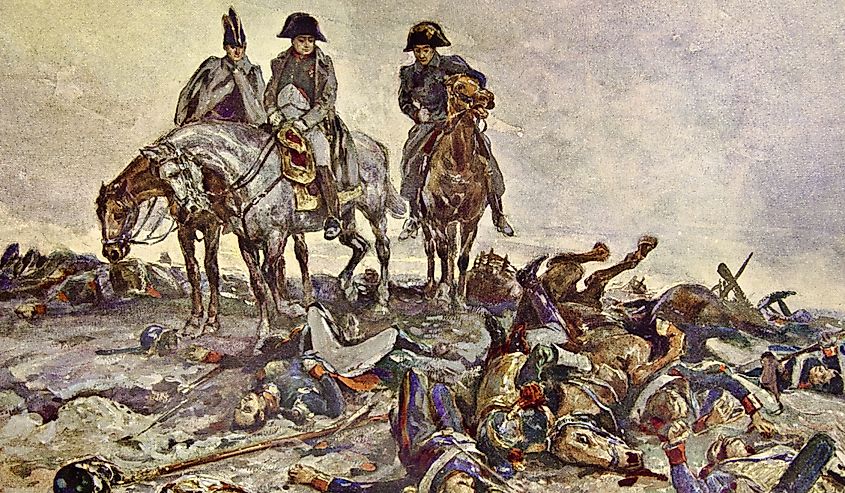
Initially, the Coalition wars began as a response to French revolutionists overturning their social order, executing the French king, Louis XVI. The neighboring empires desired to dismantle the French Republic and replace the fragile First Republic with another French monarch, lest revolutionaries attempt such revolts elsewhere. Other nations desired an opportunity to seize vulnerable French land and assets, but France proved capable of self-defense and Napoleon crowned himself Emperor in 1804. Between 1792 and 1809 there were five coalition wars, resulting in a French victory each time. However, the 5th had proven that even Napoleon was capable of defeat. The Empires of Austria and Prussia had lost large amounts of land and power under French terms of peace, and Britain was being targeted by an extended form of economic warfare.
An on-again-off-again enemy and ally, Russia drew a line in the sand in April of 1812, demanding France retreat from its occupation of Prussia. Napoleon, always preferring to make the first strike, moved to invade Russia that June. The Russian Tsar utilized a system of tactical retreats, and when Napoleon entered Moscow in September, he found it burned and abandoned. Trapped and forced to retreat, Napoleon brought his Army which originally consisted of 615,000 men back to France; only 110,000 sickly soldiers returned. Napoleon’s reputation suffered greatly, and the occupied nobility of Europe saw their opportunity to launch an assault.
Belligerents
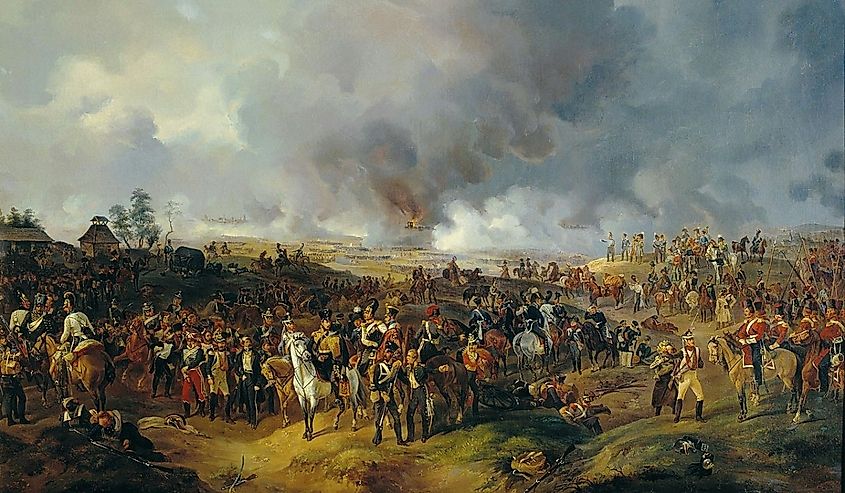
Prussia was not pleased about supporting Napoleon’s failed invasion of Russia, and Austria’s alliance with France ended in February of 1813. Russia, Britain, and Sweden also grouped into a coalition agreement during the early winter of 1813. Finally, Prussia defected in February of 1813. These allied nations also received support from Spain, Portugal, Sardinia, Sicily, Sweden, Mecklenburg-Schwerin, Bavaria, Austria, the Confederation of the Rhine, the Netherlands, and Denmark. Notably, the Confederation of the Rhine established as a vassal to France, defected in January 1814. Similarly, Austria and Bavaria did not declare war on France until August and October of 1813, respectively. By May of 1813, French-allied Italy and Naples were all France had to rely on, with Russian and Prussian armies occupying the Duchy of Warsaw (another French vassal). Last, the United States was equally up in arms against Britain elsewhere, and the region of Denmark-Norway only switched sides after the Battle of Leipzig in October of 1813.
The Spring Campaign
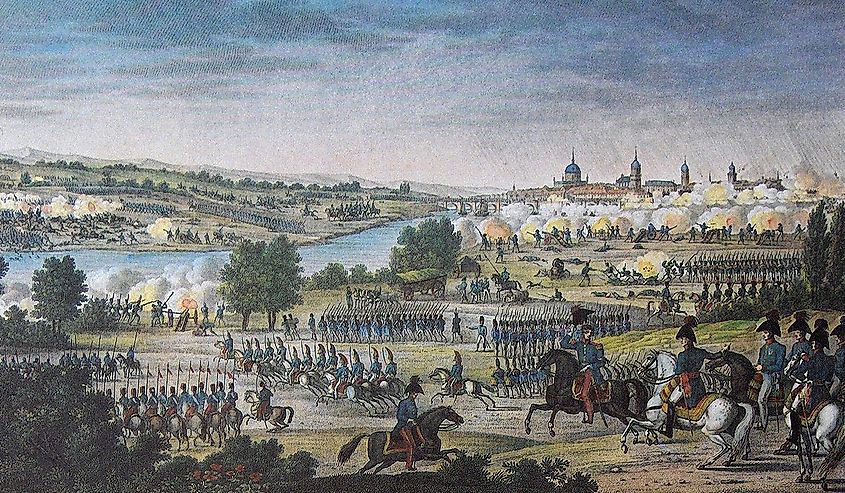
Napoleon brought a force of nearly 400,000 to the table, in recognition of the great threat that the Sixth Coalition posed. Heavy fighting occurred in May 1813, with either side losing around 40,000 men, but the battles of Lützen and Bautzen were French victories, nonetheless. An armistice occurred, in which a failed negotiation between Napoleon and Austria secured the Coalition another ally. The Swedes occupied Hamburg for a week but fled in late May when French forces came to retake it. Austria then provided 300,000 troops and Russian forces arrived at the front bringing the allied coalition headcount to over a million soldiers, against France’s 650,000. Napoleon brought a crushing blow to the allies in late August of 1813 at the Battle of Dresden, but elsewhere, France underwent a series of losses, particularly on September 6th at Dennewitz. These losses planted a seed of doubt in the minds of vassal states throughout the Confederation of the Rhine.
The Battle of Leipzig

In October of 1813, almost 200,000 French-aligned troops fought against a 365,000-strong Coalition force. Centered in Leipzig, Saxony, Napoleon originally regrouped here to find a defensive terrain against superior coalition numbers. A massive defeat occurred for France, who lost around 75,000 men. They retreated across the Rhine, albeit with a small victory over their former ally Bavaria in the Battle of Hanau in late October. The Confederation of the Rhine dissolved, and the allies offered Napoleon generous terms of peace which he neglected to accept.
Other Theaters and the Campaign Into France

Other theaters included the Peninsular War (1807–1814) as well as the War in Denmark and Norway (1808-1809). The allies had split up after Leipzig, and one segment pushed towards Holstein and managed to subdue the French-aligned Danes there. The Danish army still managed to retreat, but the January 1814 invasion of Schleswig saw a further progression of Coalition victory. The Treaty of Kiel led to the detachment of Norway from Denmark and a partial fusion of Norway with Sweden.
In the Peninsular War, France had been attempting to subdue British, Portuguese, and Spanish forces while occupying Spain. They managed to force France into a retreat, and by July 1813 pushed France back into the Pyrenees. Despite wins in the Battle of Maya and Roncesvalles, France had to flee after the Battle of Sorauren on July 30th. The Duke of Wellington then brought his Coalition troops out of Spain and into France in October.
Near the end of 1813, the Duke of Wellington marched successfully against French forces within France. Napoleon made an appearance but could not counter the larger assemblies of his opponents, albeit his remarkable success in his Six Days’ Campaign. By March 31st of 1814, Coalition forces occupied the city of Paris, and the French Senate officially deposed Napoleon.
Aftermath
Napoleon’s chief marshals rejected his order to retake Paris, bringing about his abdication on April 11th. This marked the end of the Wars of Liberation, the sixth installment of five previous failed attempts by the coalitions to end French domination. However, fighting continued elsewhere, which is why the typical end date is May 30th, 1814. Napoleon was exiled to the island of Elba, and the French monarch Louis XVIII was restored to the throne. The Congress of Vienna attempted to repair the scattered borders across Europe after the chaos of the prior decades. An era finally ended, and all was quiet in continental Europe; that is until Napoleon returned in strength, nine months later, for a Hundred Days.



